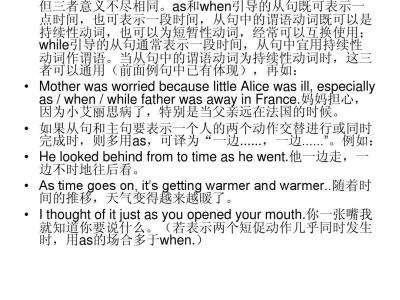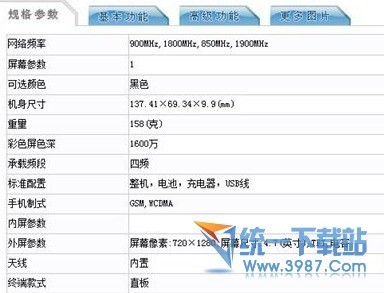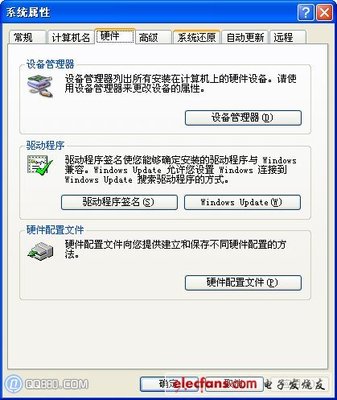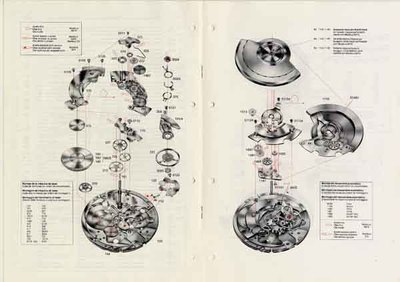小词汇,大区别。读者朋友们平时在使用when和while是能分清楚什么情况下用while,什么情况下用when么?下面由爱华网小编为你分享when和while的区别的相关内容,希望对大家有所帮助。
when和while有哪些区别when和while的区别1
1. when引导的时间状语从句中的谓语动词既可以是终止性动词,也可以是延续性动词,而while引导的时间从句中的谓语动词必须是延续性动词。
如:He fell asleep when/ while he was reading. (read是延续性动词)
他看书时睡着了。
It was raining hard when we arrived. (arrive是终止性动词)
我们到达时正下着大雨。
若主、从句表示两个同时进行的持续性动作,且强调主句表示的动作延续到从句所指的整个时间,通常要用 while。
如:Don’t talk while you’re eating. 吃饭时不要说话。
I looked after the baby while her mother was out.她妈妈外出时我照顾她。
Strike while the iron is hot.(is是延续性动词,表示一种持续的状态)
趁热打铁。
2. 在“be about to do…when…”(正要做…,就在这时/突然…) 这个句型中,只能用when。
如:One day, I was about to do some shopping when hetelephoned me.
一天,我正要去买东西,他打电话找我。
3. 在“be on the point of doing…when…” (正要做…,就在这时/突然…) 这个句型中,只能用when。
如:He was on the point of leaving when someone knocked at the door.
他刚要走就有人敲门。
4. 在“be doing …when…” (正在做…就在这时/突然…)这个句型中,只能用when。
如:She was having lunch when an old friend came to visit her.
她正在吃午饭,这时她的一个老朋友来看她。
5. 在“sb had done…when sb did…”(某人刚做完某事,这时/突然…)这个句型中,只能用when。
如:I had just taken a bite of my hot dog when I heard a familiar voice yelling at me from across the crowded school yard.
我刚吃了一口热狗,突然听到在拥挤的校园的那边有个熟悉的声音在喊我。
when和while的区别2
1. 在“sb.had hardly(=scarcely) done sth.when sb. did ...”(一…就…)这个句型中,只能用when。
如:I had hardly /scarcely closed my eyes when someone knocked at the door.
我刚一闭上眼,就有人在敲门了。
2. 上一个句型的倒装形式是“Hardly /Scarcely had sb.done sth.when sb.did...”(一…就…) 这个句型中,只能用when。
如:Hardly / Scarcely had I closed my eyes when someone knocked at the door.
我刚一闭上眼,就有人在敲门了。

3. 引导名词性从句时用when不用while。
如:When she'll be back depends much on the weather.( when 引导主语从句)
她何时回来在很大程度上取决于天气。
4. 引导定语从句的时候用when不用while。
如:Do youremember the time when the three of us wenton a picnic?
你还记得我们三个人去野餐的那段时光吗?
The days are gone forever when the Chinese people were looked down upon.
中国人民被人轻视的日子一去不复返了。
The main school holidays are from mid-December till earlyFebruary,when the days are long and warm.
学校的主要假期是从 12 月中旬到 2 月初,这段时间里白天长而且很温暖。
5. 表示条件,相当于 if ,引导条件状语从句时用when。
如:How can I get a job when I can't even read or write?
如果我连读和写都不会,我怎么能找到工作呢?
6. 引导让步状语从句,意思是“虽然…但是….”、“尽管…但是…”时,用while (多放于句首) 。
如:While he loves his students,he is very strict with them.
虽然他爱他的学生,可是他对他们很严格。
7. 作并列连词用,意思为“而,然而”,表示对比,用while。
如:Some people waste food while others haven't enough.
有些人浪费粮食,然而有些人却吃不饱。
He is strong while his brother is weak.
他长得很结实,而他弟弟却很瘦弱。
 爱华网
爱华网



